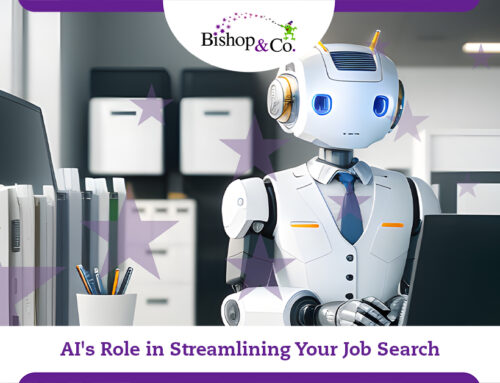Skills are skills in the software world, and a demo is a great way to show what you can do no matter how short the software section of your resume might be.
1. Make a Website
Many professionals today have a personal website that they use as a place to post their current resume and portfolio for new employers to reference. For a software engineer, making your own website is also an opportunity to do a little showing off. Whether you build a simple website to technical perfection or add all the bells and whistles just to show that you can, employers can draw some sense of your expertise from a portfolio website.
2. Agree to a Software Skills Test
An increasingly popular way to establish software skills in tech hiring is a skills test. These automated tests will run you through a few software engineering tasks related to the role you’re interviewing for. You might be tested on application building, database handling, or navigating a command line. It’s even okay not to “ace” the test, sometimes the employer is also figuring out just where your specific skills could fit in the team.
3. Talk About How You Work and the Tools You Use
Another way to impress an interviewer with your software expertise is to talk about it. Talk about your work process; how you develop and the tools you use. Describe how you might approach a specific assignment or project. Let yourself really go into how you’d approach the issue and each step of the software solution you would pursue.
If your hiring manager knows software, they’ll immediately be able to tell that you know what you’re doing because you can describe every step and the thought process you go through when developing.
4. Learn Something New On Request
In the software engineering world, sometimes you need to learn a new technology or interface very quickly. Many programmers are “multilingual”, due to learning new programming languages as each project requires. Software professionals often learn something new with every project. So if you see something on a job description or something mentioned in the preliminary interview that you aren’t familiar with, learn it fast. Then talk about what you learned at the next interview. Expressing the interest and ability to learn software skills or learn about new technology shows that your budding software resume is only just getting started.
Establishing Software Expertise After Switching Careers
Can you establish your expertise as a software professional if you’ve just switched careers? Absolutely. The good news is that software engineers often know how to spot one another, and new pros coming from diverse career paths are more common than ever.
If you talk about the journey that led you to software and then describe your work process, many tech hiring managers will see your current expertise and future potential immediately. If you can share a demo or master a skills test, then your skills will be unquestioned no matter what your resume currently looks like. Once you get that first software engineering job on your resume, the next one will be even easier.
Embrace Your Career Change with Bishop & Company
Here at Bishop & Company, we love to see people following their talents and dreams, and pursuing their best future with nothing to hold them back. If you’re ready to approach a career change and could use encouragement or professional guidance from staffing pros, contact us today! We would be honored to help you showcase your accumulated skills to make a lateral jump into software – or any career transition you are ready to make.






Leave A Comment